Topic: Artefacts of Growth: Biomorphic Structures in Cinema 4D
Date: June 21 – 22, 2025
Time: 10:00 – 14:00 GMT
Format: Online on Zoom
Duration: 2 Sessions (8 Hours)
Registration Deadline: June 20th, 2025
Total Seats: 50 seats
Difficulty: Beginner-Intermediate
Language: English
Certificate: Yes
General Registration: 100 EUR
Join free: with Full Access membership
Fee For Digital Members: 85 EUR (15% discount available only for Digital Members)
Organized By: PAACADEMY
Tutor: Andreas Palfinger
Recordings: Recordings will be available for all participants afterward indefinitely.
Introduction to Artefacts of Growth:
This workshop provides a comprehensive introduction to organic-parametric design techniques for architects and designers using Cinema 4D and Corona Renderer.
Participants will explore the potential of CGI tools across all stages of the design process, from conceptual modeling and sculpted geometries to procedural architectural details, environments, and animations.
In addition, the workshop includes training in rendering and post-processing workflows, utilizing Corona Renderer alongside Adobe Photoshop and After Effects to create polished images and videos.
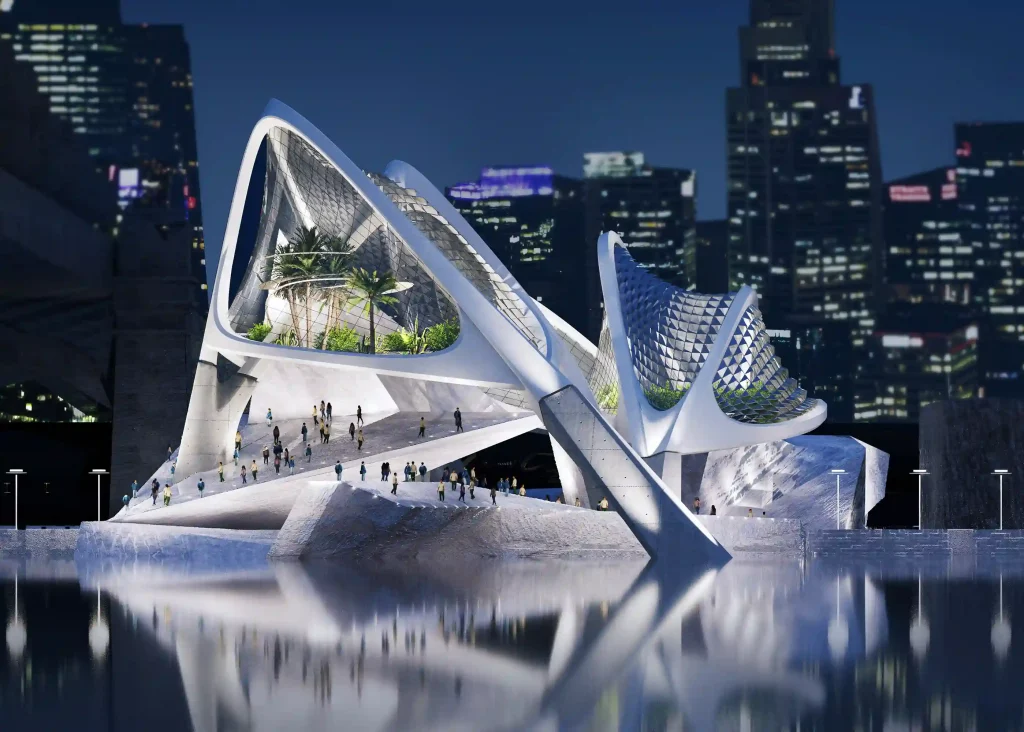
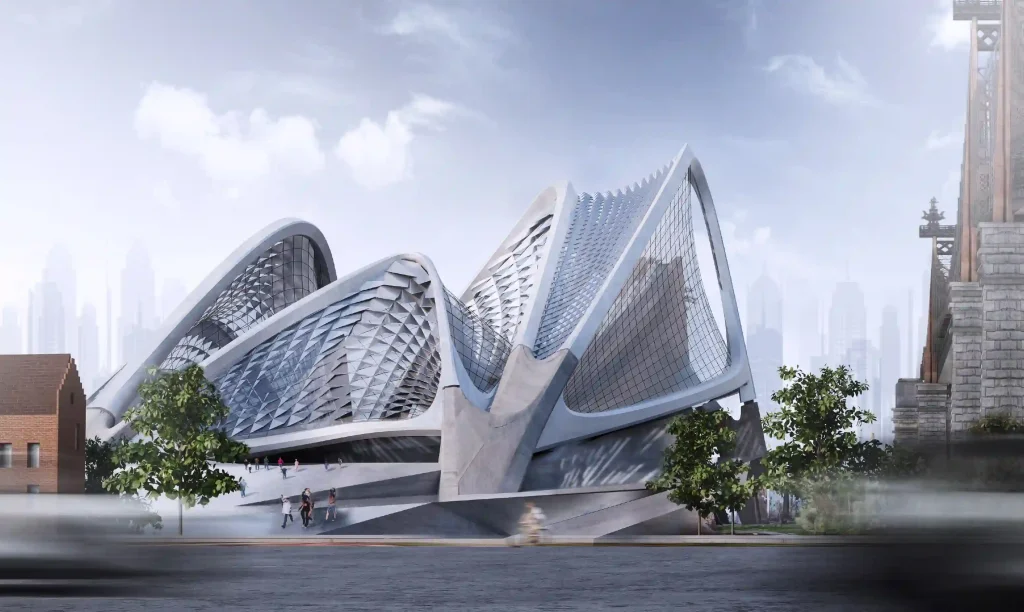
The Scope of Artefacts of Growth:
Starting from a beginner-friendly level, this workshop gradually introduces more advanced and interconnected workflows for creating parametric systems and animations in Cinema 4D. Through a series of hands-on tutorials, participants will explore the generation of architectural and biomorphic geometries, including biomorphic pavilions and towers, faceted interiors, animated facades, organic objects, and full-scene environments.
Each project highlights different design strategies and techniques, making use of Cinema 4D’s powerful toolsets, such as MoGraph Effectors, Volume Builder, and the Cloner tool. A dedicated section of the workshop focuses on preparing simple massing models—such as those imported from Rhino—as a base for developing detailed and expressive concept renders. This includes sculpting geometry, assigning materials, designing lighting setups, and crafting spatial atmospheres.
Participants will learn to bring their geometries to life using the Corona Render engine, focusing on materials, lighting, cameras, and environment settings. The post-production phase will also be covered, using Adobe Photoshop for still images and Adobe After Effects for animations.
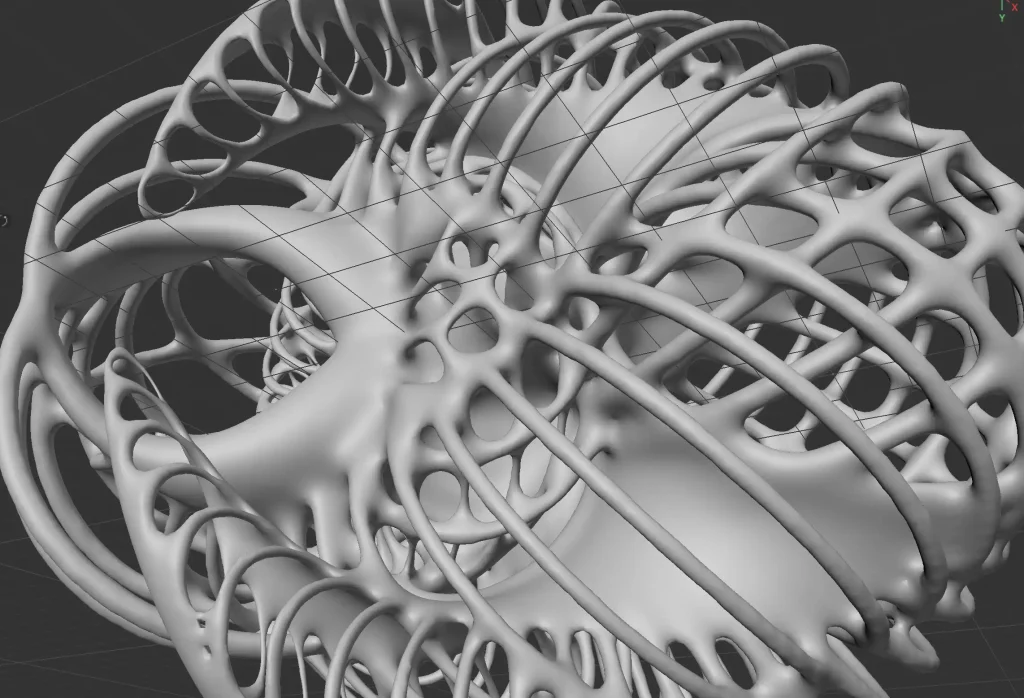
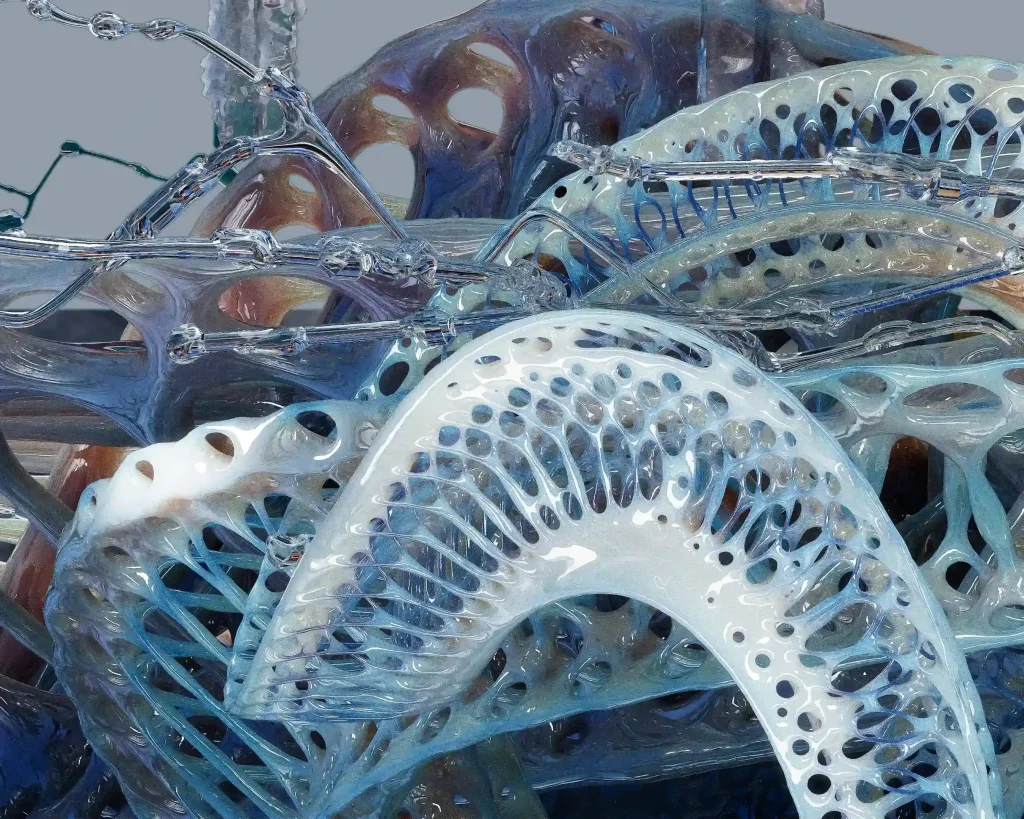
The introductory lecture “Speculative Futures and Organic Hybrids” frames the technical content within a broader cultural context, presenting important architecture, design, fine art, and fashion projects. It explores the structural logic and formal potential of natural and biological systems, offering inspiration for new kinds of spatial expressions.
This workshop will teach you how to use and interconnect various parametric workflows in Cinema4D. Participants will learn to work with spline and mesh-based geometry, subdivision surfaces, sculpting tools, and procedural operations such as the MoGraph Effectors and Fields, Volume Builder, Cloner, Atom Array, Voronoi Fracture, Displacements, and more. Further, the workshop covers working on scale and preparing files for 3D printing or bringing them into other software like Rhino or Illustrator.
Additionally, participants will be introduced to keyframe animations. The workshop covers setting up a rendering workflow using materials, lights, cameras, and environments to create high-quality renderings with Corona Renderer, as well as post-processing in Adobe Photoshop and After Effects.
Key Learning Topics:
- Introduction to Spline, Mesh, and Subdivision Surfaces
- Keyframe animation with parametric tools
- Preparing files for 3D printing
- Corona Render workflow (materials, lights, cameras, environments)
- Post-production in Adobe Photoshop & Adobe After Effects
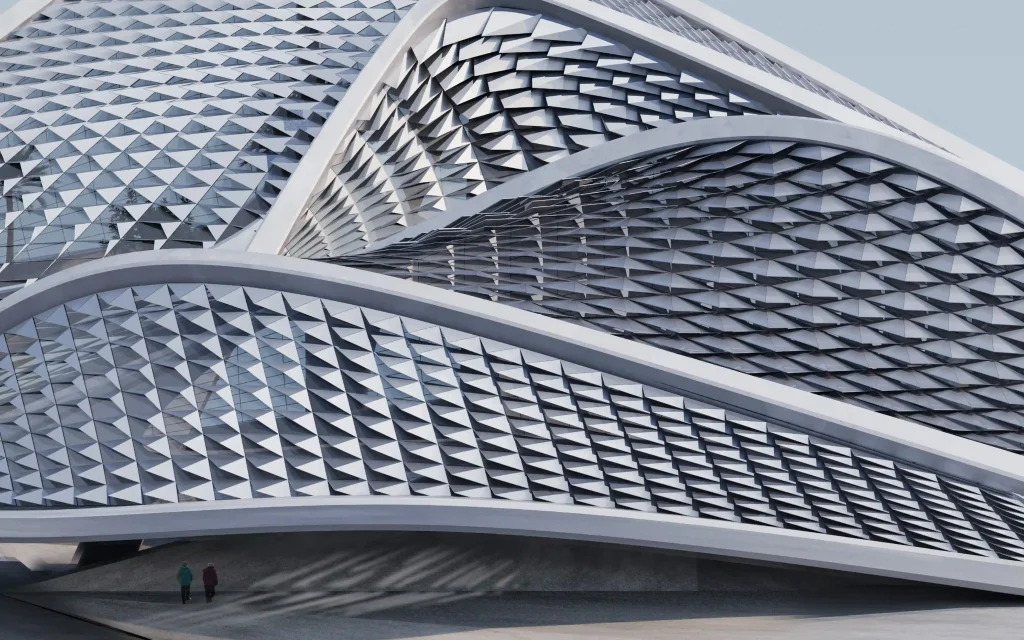
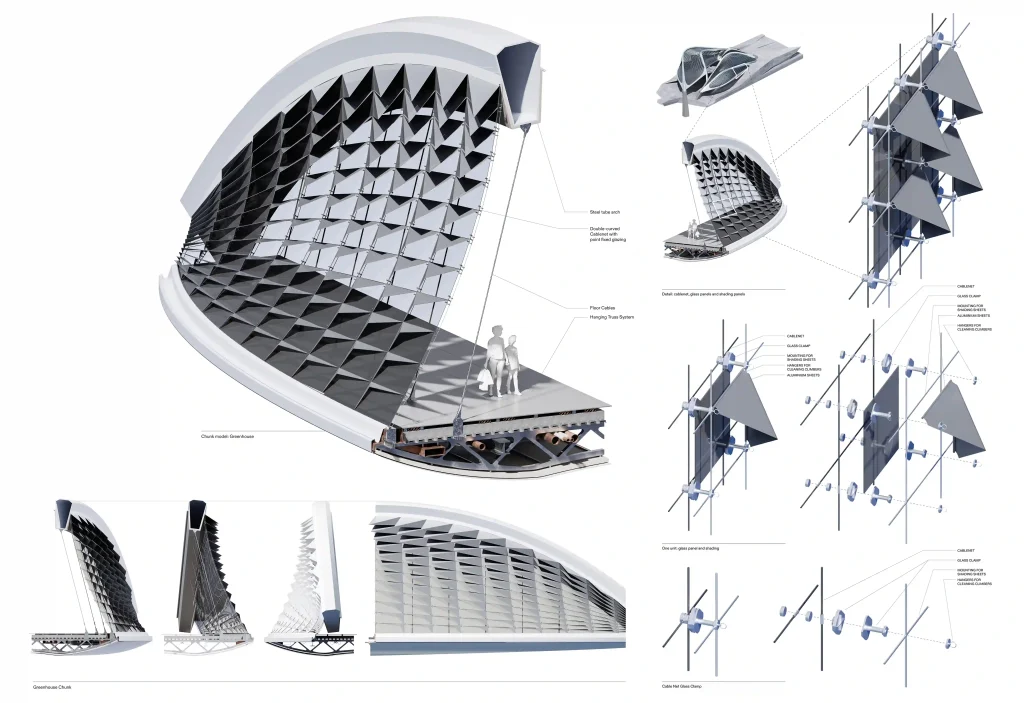
Program:
Day 1
- Lecture: Speculative Futures and Organic Hybrids
- Introduction to Cinema 4D interface and basic tools
- Hands-on tutorials on spline, mesh, and subdivision surfaces
- Parametric geometry creation and manipulation
- Post-processing basics in Adobe Photoshop for still images
- Q&A
Day 2
- Advanced parametric workflows using MoGraph and Volume Builder
- Hands-on tutorials on complex models (biomorphic structures, facades)
- Post-processing for animations in Adobe After Effects
- Apply techniques to develop detailed concepts
- Q&A
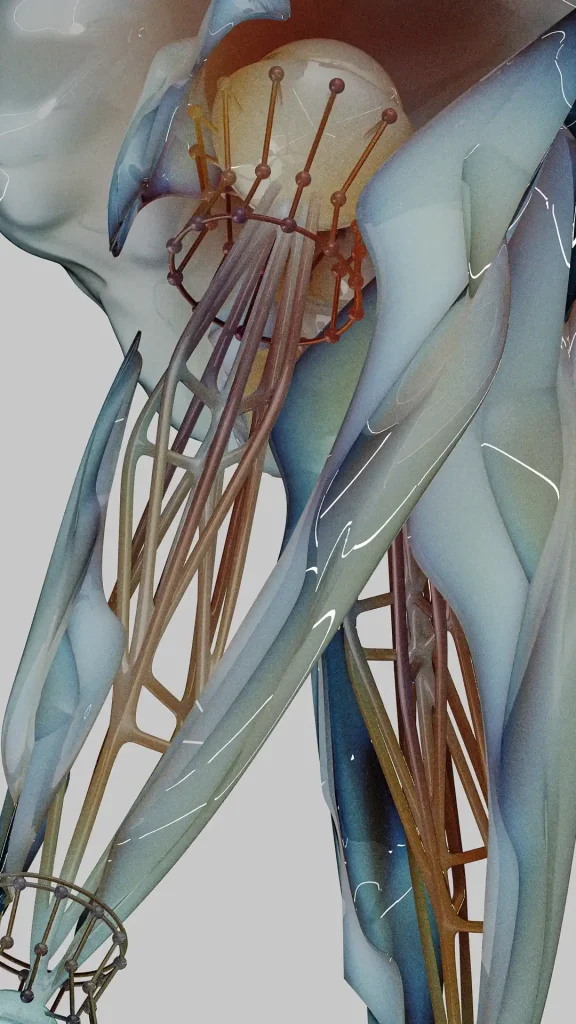
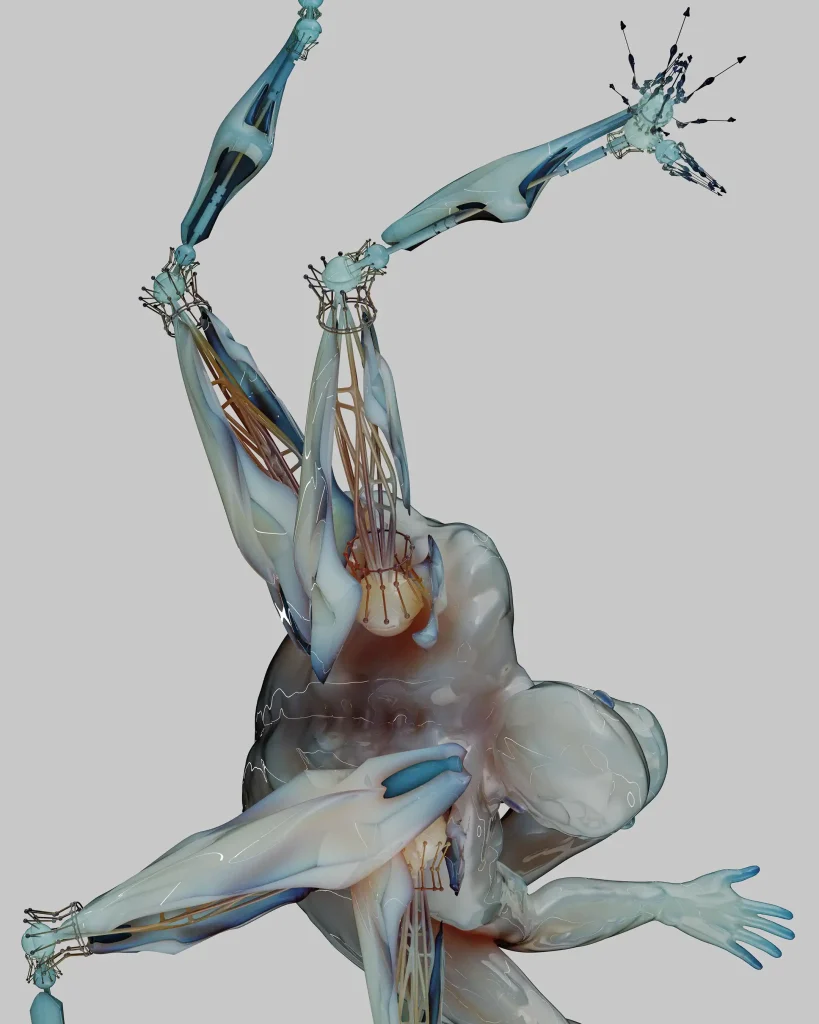
Software &
Workshop Notes:
- Please ensure you have all the software installed before the workshop starts. Software installation is NOT a part of the workshop.
Instructor:
Andreas Palfinger
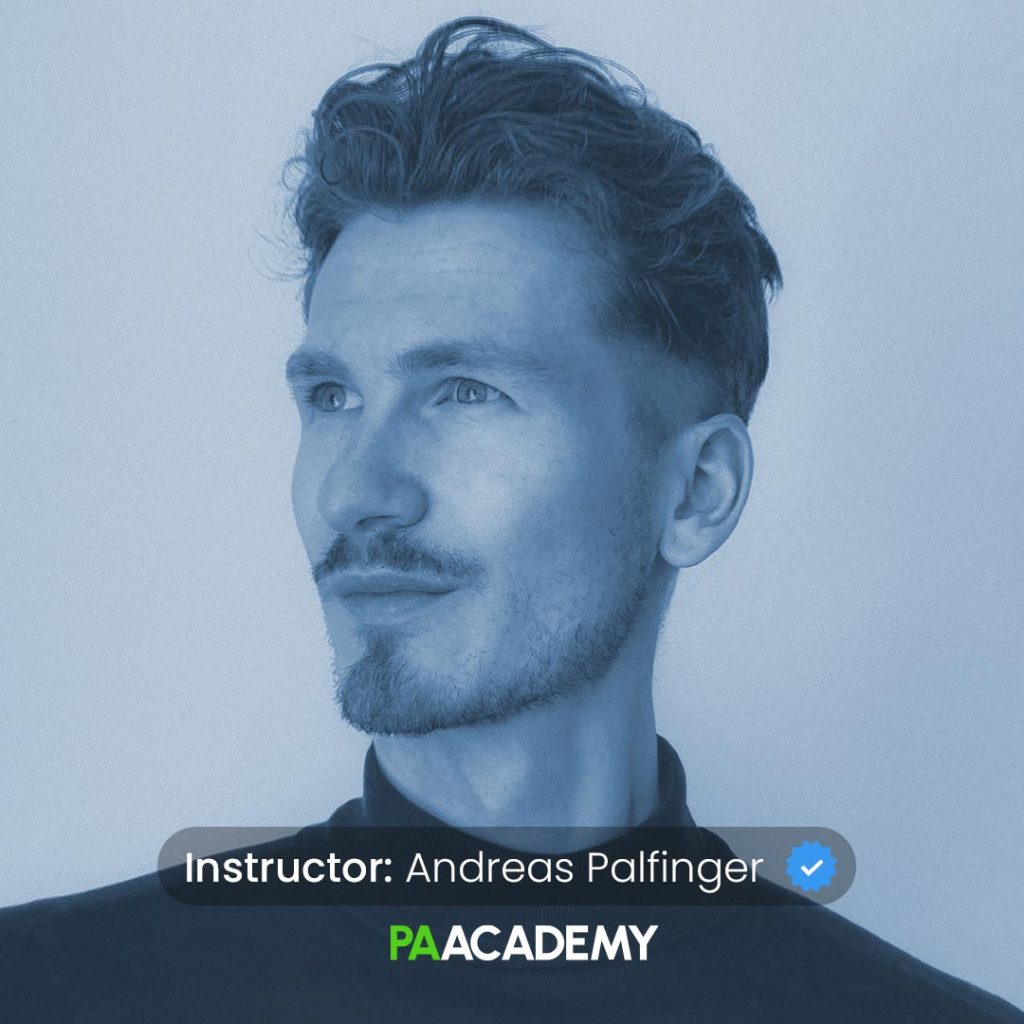
Andreas Palfinger is a New York-based interdisciplinary artist and architectural designer, practicing within the frameworks of virtual scenography, organic-parametric geometry, and functional fiction. Speculative approaches are articulated in time-based media, CGI, writing, and sculpture.
Andreas worked for MAD Architects (Beijing), the future-oriented design studio Superflux in London, ODA Architecture in New York, Studio Tim Fu, and CERN (European Organization for Nuclear Research). He co-created architectural sets for a VR fashion show and AR theater performances, and recently directed and produced an award-winning short film in Unreal Engine, with a special focus on digital architectural worldbuilding.
He currently works and lives in New York City as a Fulbright scholar, studying in the Master of Architecture program at Pratt Institute, Graduate School of Architecture and Urban Design. Andreas studied architecture, graphic design, industrial design, painting, and animated film at Die Angewandte, University of Applied Arts Vienna, at Bauhaus University Weimar and Pratt Institute, New York City. Recent exhibitions included Art Basel Miami, European Forum Alpbach, Vienna Biennale, and Belvedere 21. He was honored internationally at the International Design Awards, the Art Directors Club of Europe Awards, the Red Dot Awards, the Dezeen Awards, and the New York International Film Awards.
Important Notes:
- The “Artefacts of Growth: Biomorphic Structures in Cinema 4D” Studio workshop by PAACADEMY will start at 10:00 (GMT) on Saturday, June 21st, 2025.
- Total sessions: 2 Sessions
- The teaching duration per session will be 4 hours.
- Students will have time for a break between teaching hours.
- Each session and the entire studio will be recorded, and videos will be available for participants just a day after the class for unlimited time.
- PAACADEMY will provide a certificate of attendance.
- The studio has limited seats. Tickets are non-transferable & non-refundable. Please read carefully before you register.
Topic: Artefacts of Growth: Biomorphic Structures in Cinema 4D
Date: June 21 – 22, 2025
Time: 10:00 – 14:00 GMT
Format: Online on Zoom
Duration: 2 Sessions (8 Hours)
Registration Deadline: June 20th, 2025
Total Seats: 50 seats
Difficulty: Beginner-Intermediate
Language: English
Certificate: Yes
General Registration: 100 EUR
Join free: with Full Access membership
Fee For Digital Members: 85 EUR (15% discount available only for Digital Members)
Organized By: PAACADEMY
Tutor: Andreas Palfinger
Recordings: Recordings will be available for all participants afterward indefinitely.
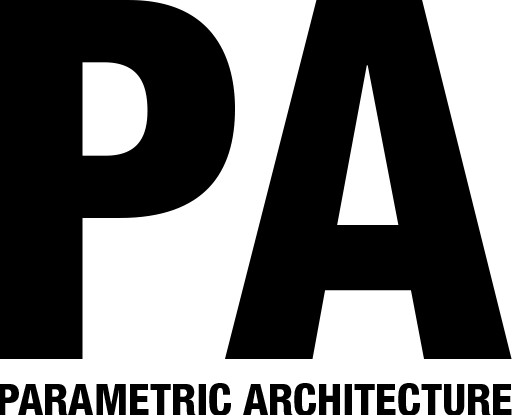


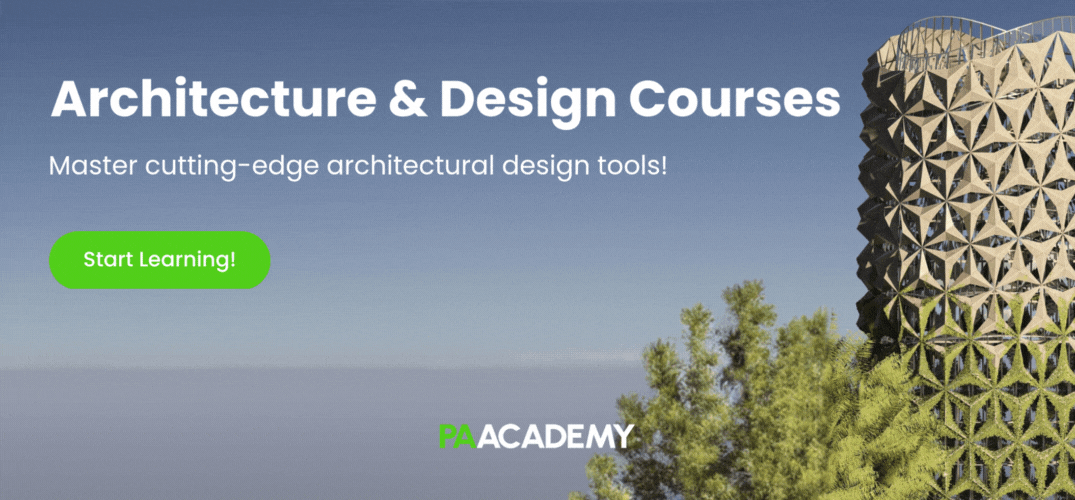
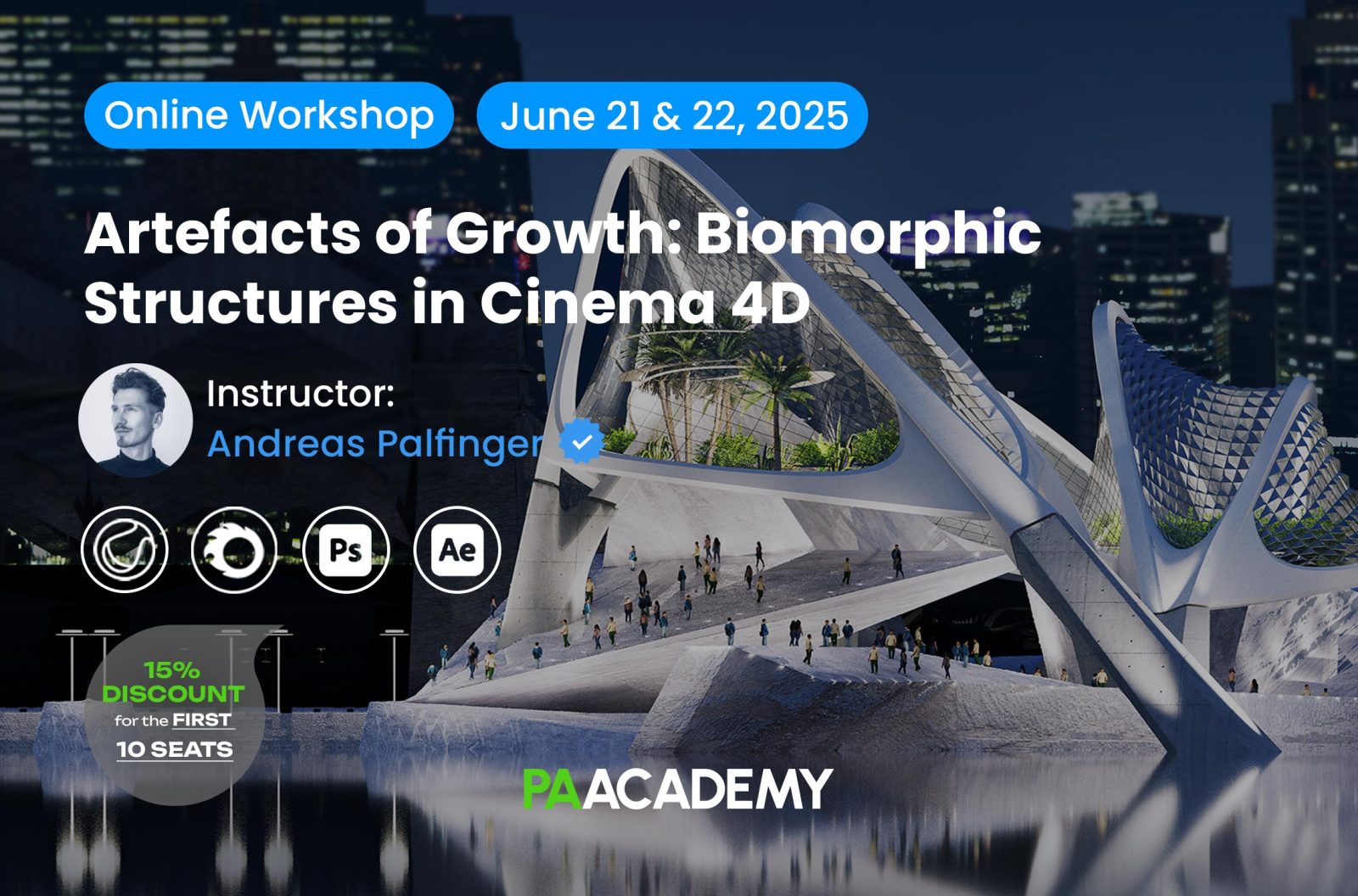
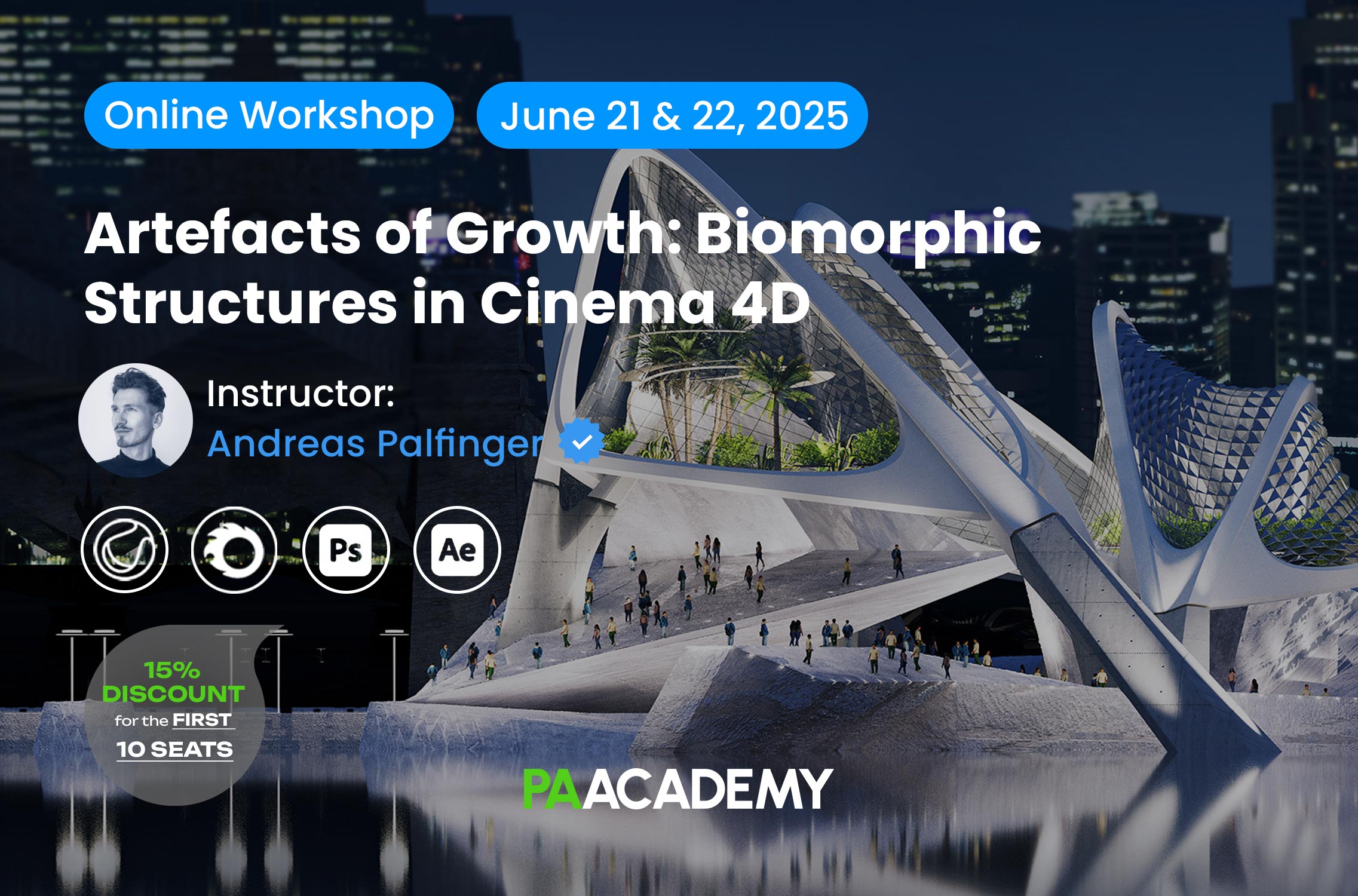
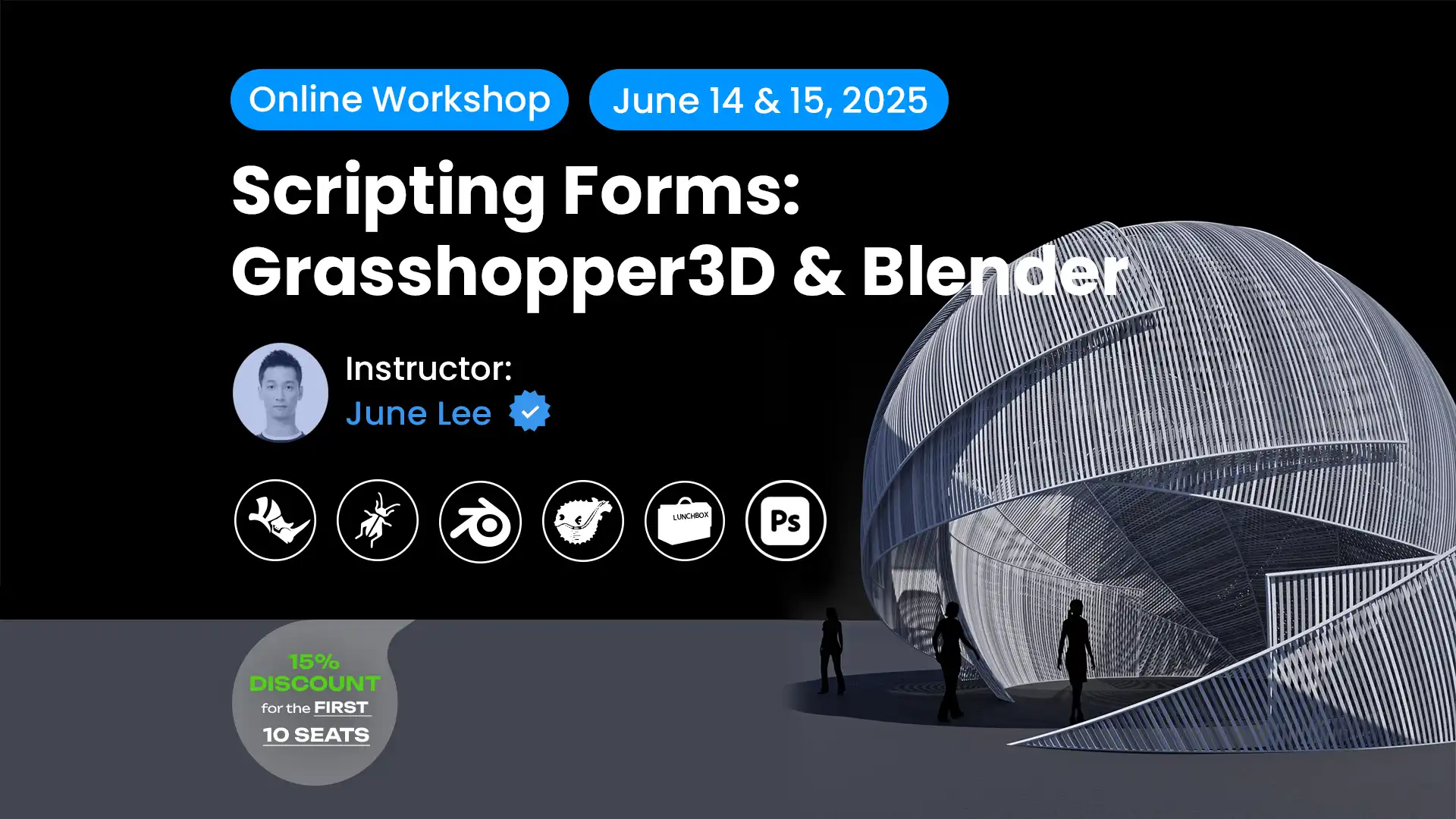
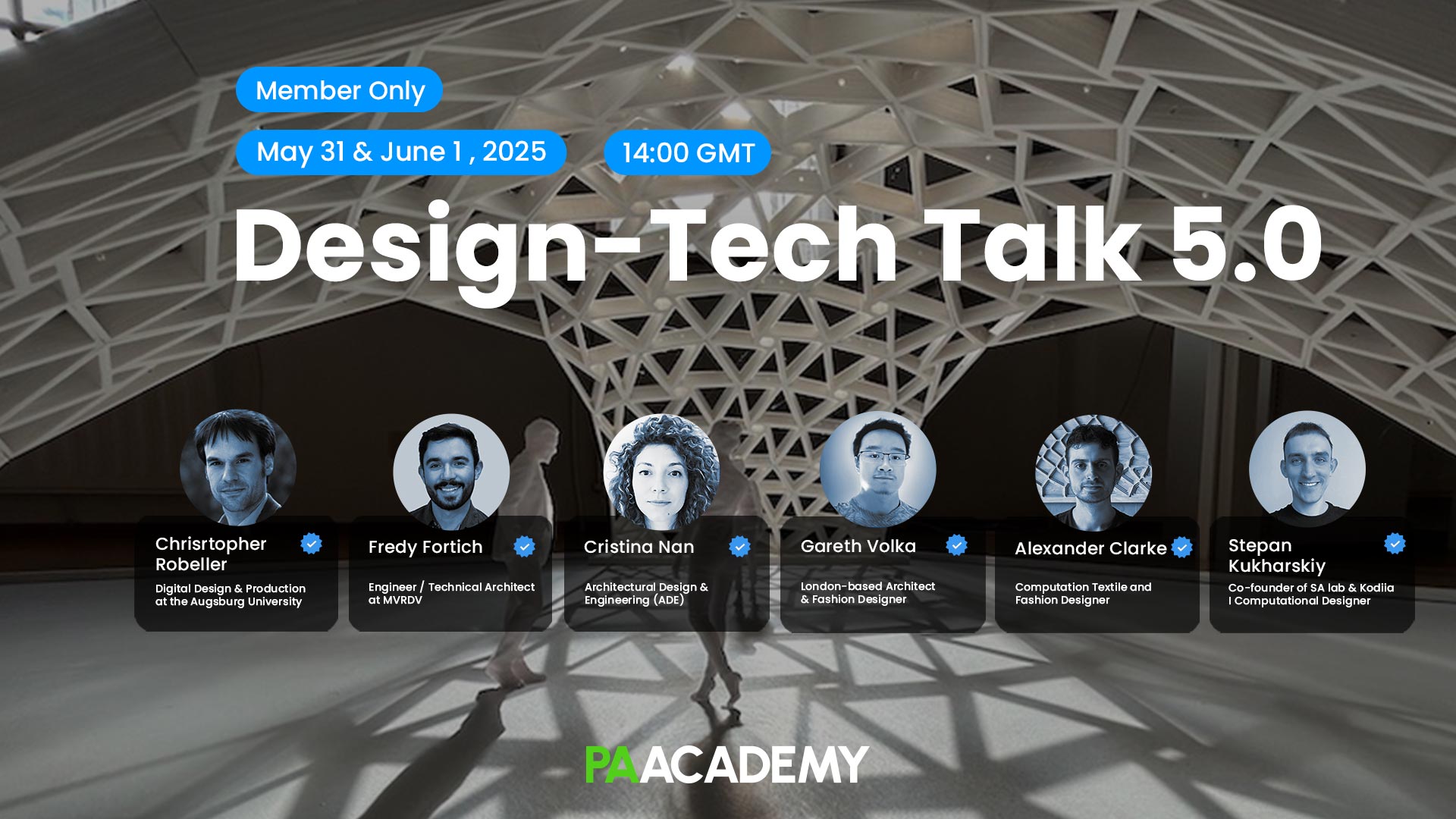
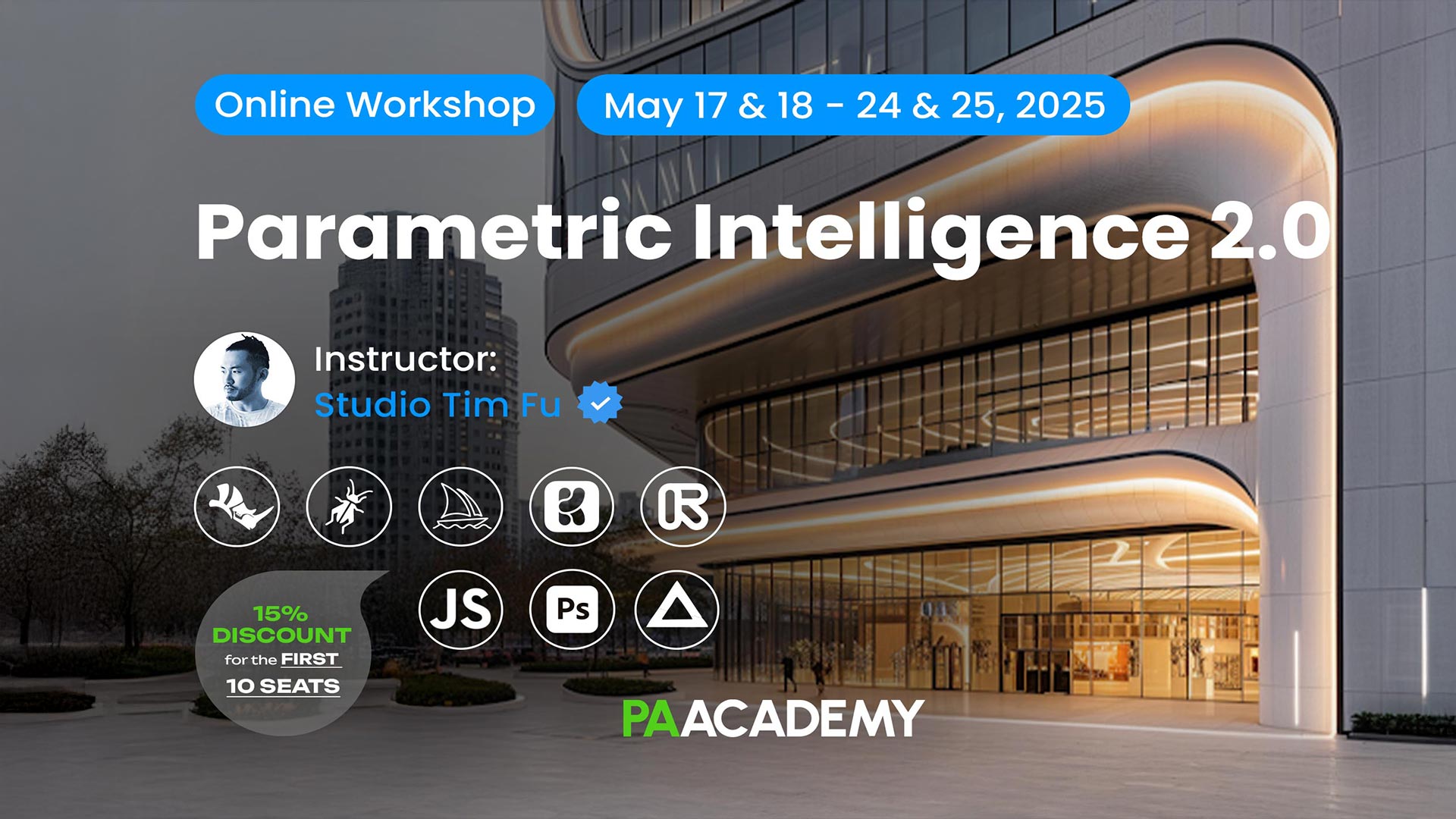
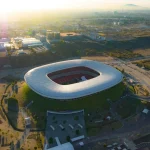
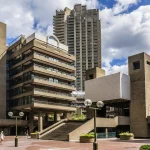

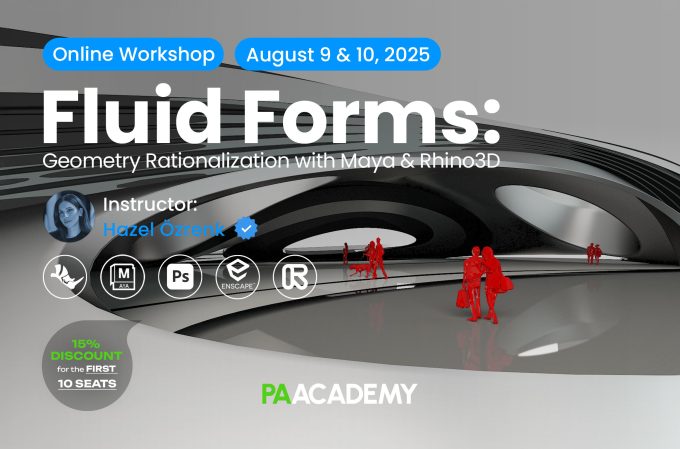
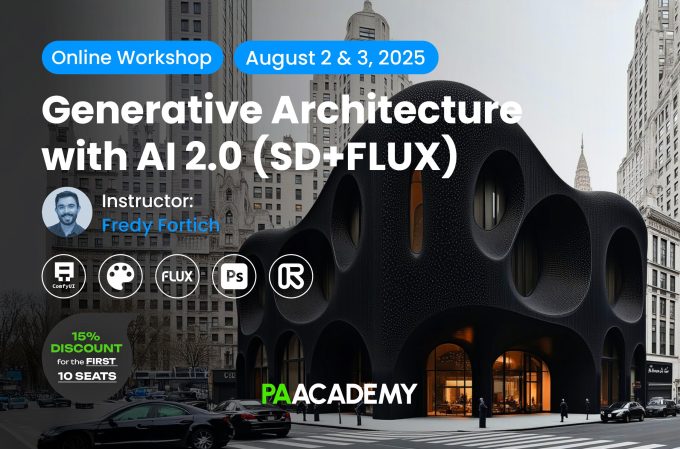





Leave a comment